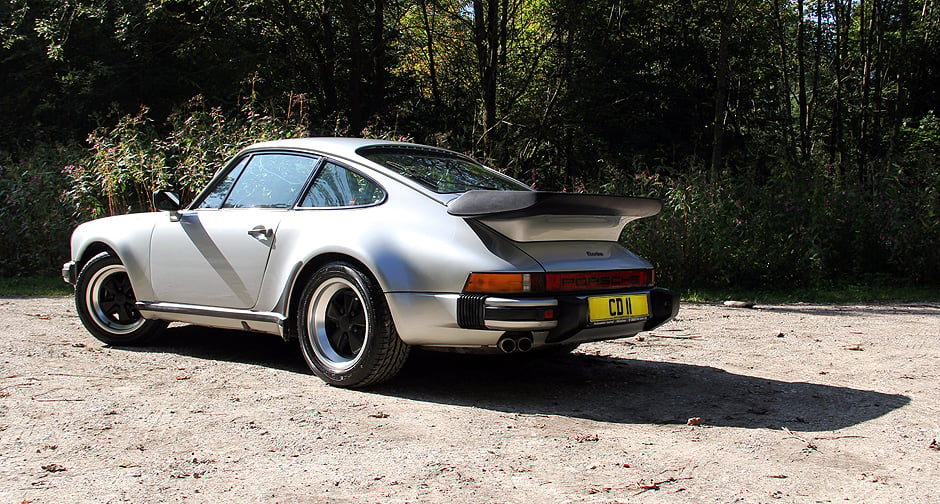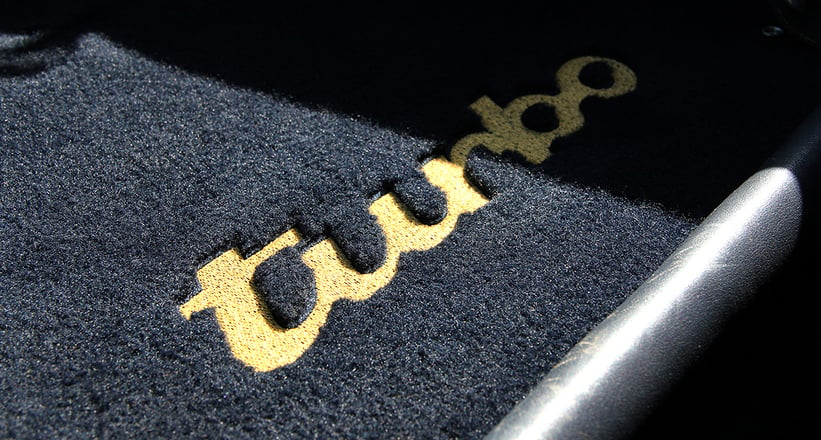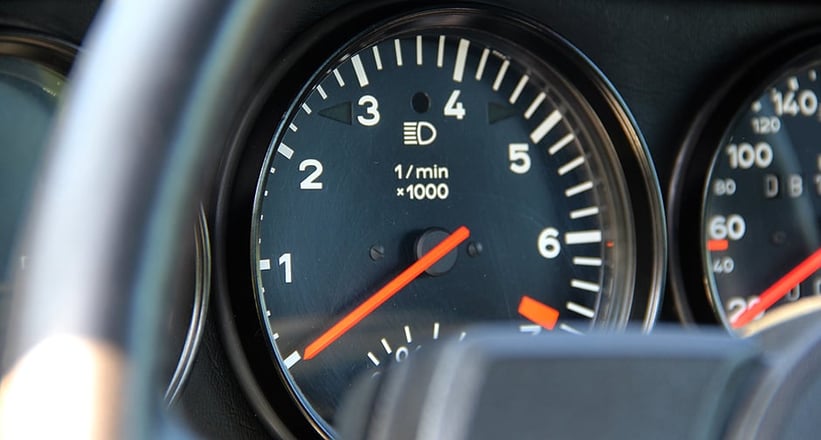The first 911 Turbo (or 930) was originally conceived to homologate a race car, but when the rules were changed rendering the competition car obsolete, development of the production version continued.
Production of Porsche’s first turbocharged road car spanned a whopping 15 years, testament to its reception, typically German build quality, and out-of-this-world performance. During the Eighties, it rapidly became the car for the young up-and-comer; and as fashionable as shoulder pads and big hair.



The black magic of turbocharging wasn’t commonplace in the early Seventies and Porsche certainly spearheaded development of the technology, both on the track and off it. Engineer Ernst Fuhrmann was given the task of shoehorning a turbo originally destined for the monster Can-Am 917/30 sports car into the less generously proportioned 3-litre flat-six in the back of the Carrera RS. Couple that with almost comically flared arches and a huge whale-tale rear spoiler, and you've got a recipe that - aside from the switch to 4WD - has changed little to this day.
This pretty and understated metallic silver 930, for sale at Autosalon Isartal, is a sought-after post-1978 model, benefitting from upgrades that improve performance and, perhaps more importantly, driveability. Included in the 1978 model upgrade was an engine expanded from 3 litres to 3.3, an air-to-air intercooler designed to increase power and reduce lag, and brakes from the legendary 917 sports-racer.
Although 300bhp and a 0-60mph sprint of five seconds might seem modest by today’s standards, the car's 160mph top speed meant that, in 1975, it was the quickest production car in the world. Its devilishly short wheelbase, agonising turbo lag and tendency to snap oversteer means the 930 is a tricky beast to tame, though. It’s certainly safer to point in a straight line than to try and balance on the throttle through a long right-hander. You have been warned!













